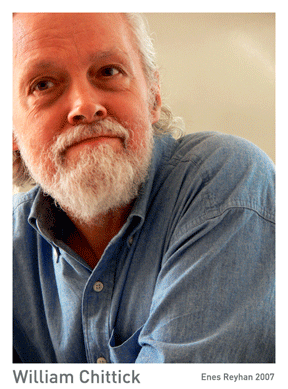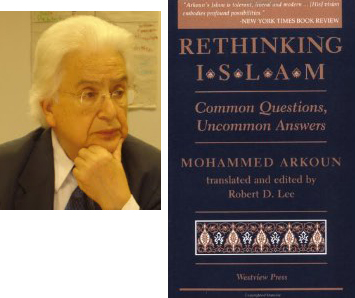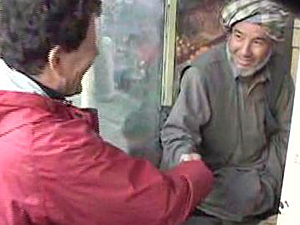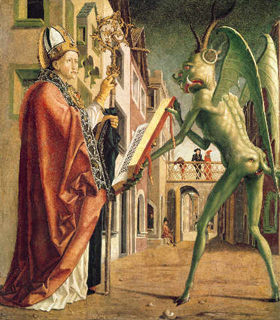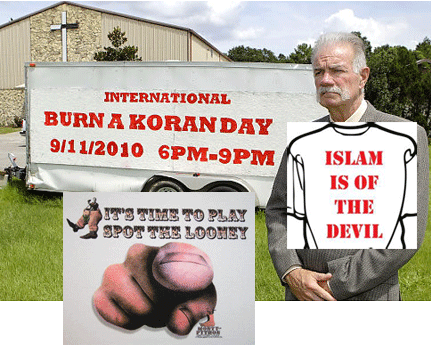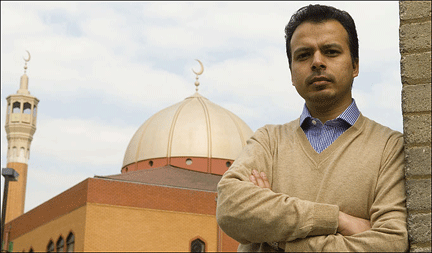
Ed Husayn
[The Wall Street Journal recently published a series of short commentaries on “moderate Islam.” Here is the one by Ed Husayn, author of “The Islamist” (Penguin, 2007) and co-founder of the Quilliam Foundation, a counterextremist think tank.]
By Ed Husain
I am a moderate Muslim, yet I don’t like being termed a “moderate”—it somehow implies that I am less of a Muslim.
We use the designation “moderate Islam” to differentiate it from “radical Islam.” But in so doing, we insinuate that while Islam in moderation is tolerable, real Islam—often perceived as radical Islam—is intolerable. This simplistic, flawed thinking hands our extremist enemies a propaganda victory: They are genuine Muslims. In this rubric, the majority, non-radical Muslim populace has somehow compromised Islam to become moderate.
What is moderate Christianity? Or moderate Judaism? Is Pastor Terry Jones’s commitment to burning the Quran authentic Christianity, by virtue of the fanaticism of his action? Or, is Rabbi Ovadia Yosef, the spiritual head of the Shas Party in Israel, more Jewish because he calls on Jews to rain missiles on the Arabs and “annihilate them”?
The pastor and the rabbi can, no doubt, find abstruse scriptural justifications for their angry actions. And so it is with Islam’s fringe: Our radicals find religious excuses for their political anger. But Muslim fanatics cannot be allowed to define Islam.
The Prophet Muhammad warned us against ghuluw, or extremism, in religion. The Quran reinforces the need for qist, or balance. For me, Islam at its essence is the middle way in all matters. This is normative Islam, adhered to by a billion normal Muslims across the globe.
Normative Islam is inherently pluralist. It is supported by 1,000 years of Muslim history in which religious freedom was cherished. The claim, made today by the governments of Iran and Saudi Arabia, that they represent God’s will expressed through their version of oppressive Shariah law is a modern innovation.
The classical thinking within Islam was to let a thousand flowers bloom. Ours is not a centralized tradition, and Islam’s rich diversity is a legacy of our pluralist past.
Normative Islam, from its early history to the present, is defined by its commitment to protecting religion, life, progeny, wealth and the human mind. In the religious language of Muslim scholars, this is known as maqasid, or aims. This is the heart of Islam.
I am fully Muslim and fully Western. Don’t call me moderate—call me a normal Muslim.
